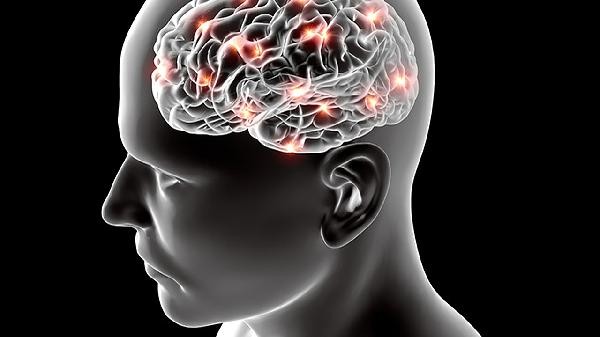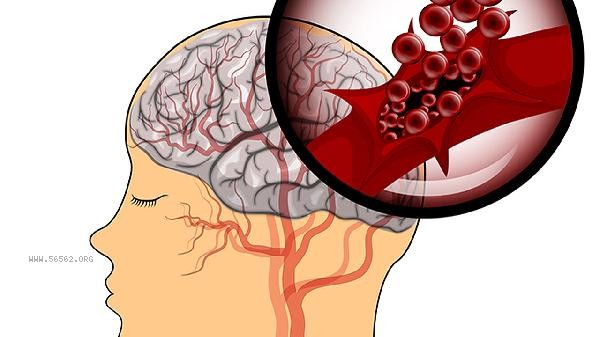The inability of the brain to produce drowsiness may be related to sleep rhythm disorders, psychological stress, neurotransmitter imbalances, physical illnesses, or medication side effects. Long term insomnia requires investigation of potential causes such as anxiety, hyperthyroidism, depression, etc. If necessary, medical attention should be sought for multi-channel sleep monitoring.

1. Sleep rhythm disorder
Dysregulation of circadian rhythm can directly affect the secretion cycle of melatonin, manifested as wakefulness at night and drowsiness during the day. Long term staying up late, traveling across time zones, or working shifts can disrupt the circadian rhythm and lead to difficulty falling asleep. It is recommended to set a fixed wake-up time, expose to natural light during the day, and avoid strong light stimulation before bedtime.
2. Psychological stress
Psychological states such as anxiety and tension will continue to activate the sympathetic nervous system and inhibit the sleep initiation mechanism. Stress events such as work pressure and family conflicts may trigger excessive alertness, manifested as active thinking that is difficult to relax. Mindfulness meditation and abdominal breathing training can help reduce cortisol levels.
3. Neurotransmitter imbalance
Dopamine overactivity or gamma aminobutyric acid deficiency can interfere with sleep wake regulation. Some antidepressant drugs may affect the reuptake of norepinephrine, while excitatory substances such as caffeine compete for adenosine receptors. Recent medication history and dietary habits need to be evaluated.

4. Physical diseases
Hyperthyroidism can accelerate metabolism and lead to insomnia, while painful diseases such as arthritis can interfere with sleep continuity. Sleep apnea syndrome is caused by frequent micro awakenings due to hypoxia, and patients often complain of being awake at night but without drowsiness. Thyroid function examination and sleep monitoring are required.
5. environmental factors
Excessive lighting, uncomfortable temperature, or noise interference in the bedroom can hinder melatonin secretion. Blue light radiation from electronic devices may delay bedtime, and vigorous exercise before bedtime can also increase core body temperature and affect sleep. It is recommended to keep the environment dark and quiet, and take a warm bath before going to bed to relax. Establishing regular sleep hygiene habits is crucial for improving difficulty falling asleep. Maintain moderate exercise daily but avoid strenuous activities before bedtime, avoid overeating during dinner, and limit nap time. If insomnia persists after adjusting lifestyle, it is recommended to seek medical attention from a neurology or sleep specialist. If necessary, under the guidance of a doctor, short-term hypnotic drugs such as dexmedetomidine and zolpidem can be used, or adverse sleep beliefs can be corrected through cognitive-behavioral therapy. Be careful not to take sleeping pills on your own for a long time to avoid developing dependence.









Comments (0)
Leave a Comment
No comments yet
Be the first to share your thoughts!